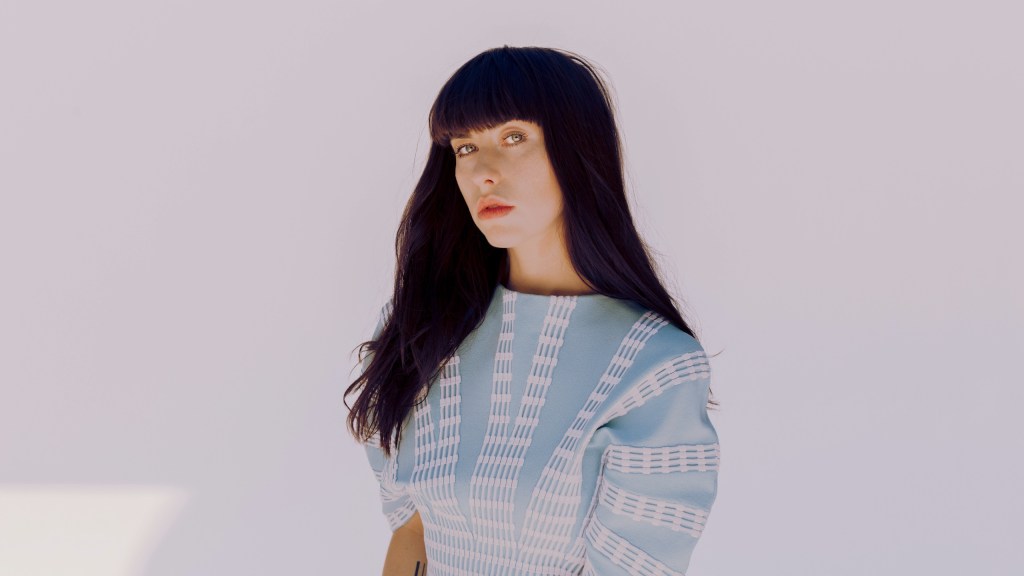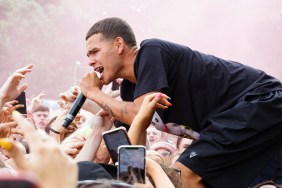Kimbra has a new album, Primal Heart. Listeners might trace common threads to Golden Echo or Vows, but as Kimbra sees it, her latest is different. No longer painting fantasy, she’s drawing listeners close. Sharing intimate truths.
The journey Vows started isn’t over. But the script has changed. At 28, Kimbra’s discovering new sensations of inner strength. Putting more of herself onto this…












